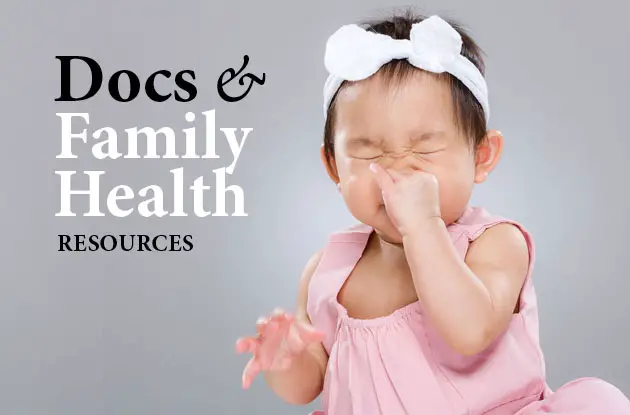Are you one of those parents who believe that giving their teens a bit of alcohol now will prevent heavy drinking later on? Many moms and dads think that a careful and gradual introduction to drinking, made under their watchful eye, will keep their kids from seeking it elsewhere, and help them develop smart, moderate habits heading into adulthood.
While this logic may seem to make sense, new research, published in the medical journal The Lancet Public Health Journal, says exactly the opposite.
The Australian study—the first to examine parental supply of alcohol and its long-term effects—tracked more than 1,900 Australian teens through six years of their adolescence (roughly from the time they were 12.9 years old until they were 18.9 years old—18 is the legal drinking age in Australia).
Each year from 2010 to 2016, both the teens and their parents completed separate questionnaires that included the following information: How the teens accessed alcohol (through parents, non-parental sources, or both), binge-drinking levels (that is, drinking more than four drinks on a single occasion during the previous year), incidence of alcohol-related harm, and symptoms of alcohol abuse. In the study’s final two years, the teens were also asked questions about symptoms of alcohol dependency or alcohol use disorder.
The findings were eye-opening: Adolescents who’d been supplied alcohol only by their parents had higher odds of subsequent binge consumption, alcohol-related harm, and symptoms of alcohol use disorder than teens who’d had no ready access. The study also found that when parents supplied alcohol, kids were also more likely to access alcohol from non-parental sources going forward. Being supplied with alcohol by others, in turn, was associated with an even greater increased risk of adverse outcomes.
The upshot? You might want to keep pouring your teen a glass of juice during family toasts. “Providing alcohol to children is associated with alcohol-related harms,” the study authors said. “Parents should be advised that this practice is associated with risk, both directly and indirectly through increased access to alcohol from other sources.”
Related links: New Advice on Talking About Teen Drinking


















